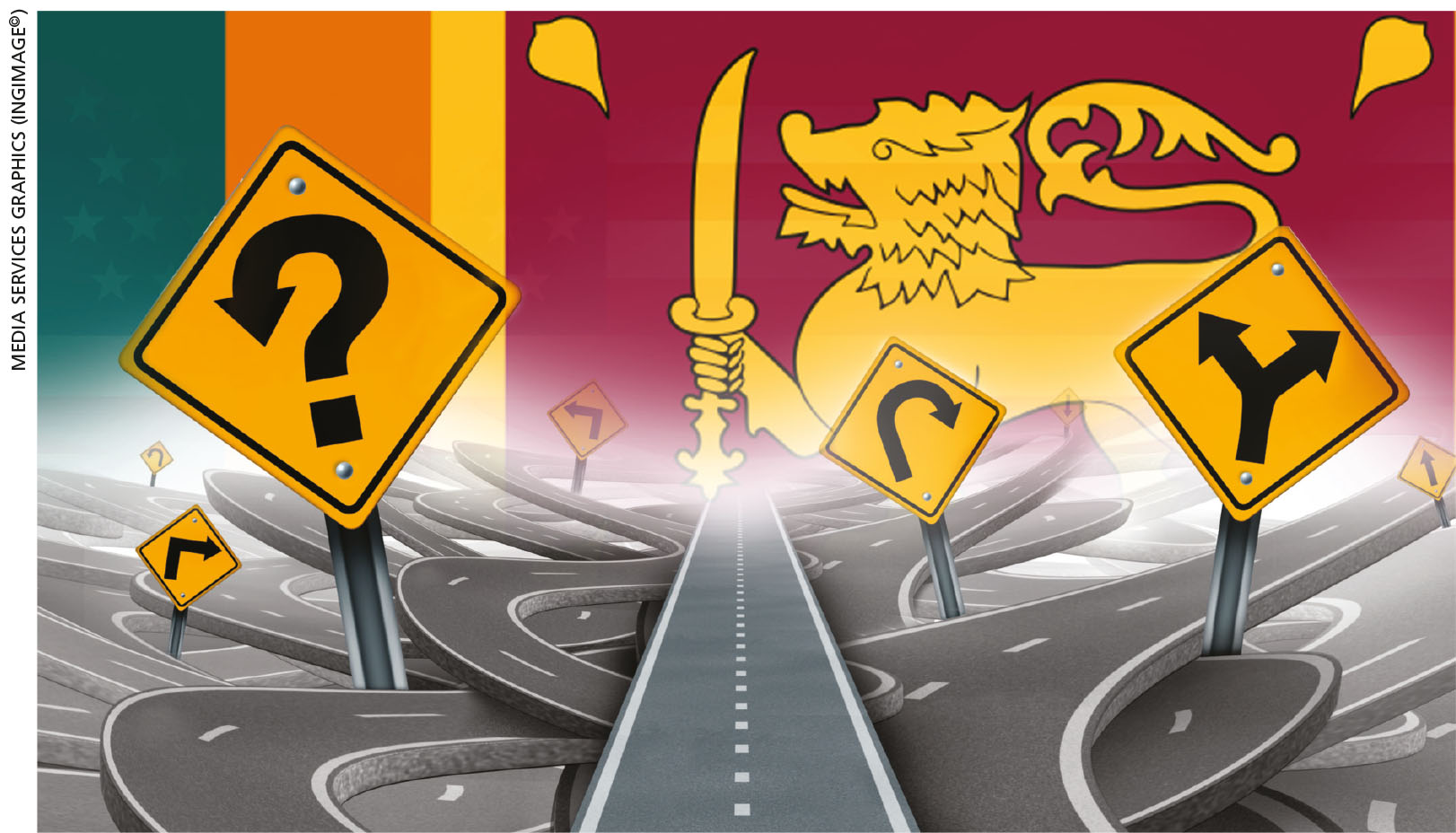THE WELFARE STATE
IN A STATE OF NOTHINGNESS
State intervention has yielded mixed results since 1948 – Janaka Perera
The welfare state model, adopted globally in the post-World War II era, found application in both industrialised Western countries and new nations that emerged after decolonisation. By pursuing socialist democratic ideas, this model attempted to harmonise conflicting class interests in society through state intervention and regulation in economic life.
 Most South Asian nations including Sri Lanka and India adopted the welfare state model. The state’s intervention had a major impact on employer-employee relations; and legislation on working conditions, wages, hiring and firing, social security and collective bargaining rights was enacted. This ensured some level of protection for workers.
Most South Asian nations including Sri Lanka and India adopted the welfare state model. The state’s intervention had a major impact on employer-employee relations; and legislation on working conditions, wages, hiring and firing, social security and collective bargaining rights was enacted. This ensured some level of protection for workers.
In Sri Lanka, agitation and pressure – particularly by the Marxist parties – helped achieve these goals especially after 1956 when the SLFP-led MEP alliance emerged victorious in the parliamentary elections held that year.
In 1970, the second SLFP-led leftist alliance coming to power saw greater state intervention in the economy, aimed at self-sufficiency in many areas.
The establishment of state corporations to manufacture steel, tyres, textiles, sugar and so on helped reach the objective of self-sufficiency to a great extent.
However, a negative aspect was that the public found it difficult to obtain essential items for their day-to-day existence. These included clothing items, bicycle tyres, infant milk foods etc. People had to wait in queues to buy bread and there were restrictions on transporting rice from one province to another.
The opposition UNP maximally exploited these difficulties faced by the masses and obtained a landslide victory in the parliamentary elections of 1977. And its new government post-victory introduced an open economy under a neoliberal policy that allowed free market forces to dominate the marketplace.
Following the collapse of the Soviet Bloc in the early 1990s, even communist countries like China and Vietnam – having foreseen this reality – departed from doctrinaire socialism and relaxed total government control over the economy. However, their respective Communist Parties’ control of the state has remained intact in all these countries.
The difference between communist and noncommunist countries, and us under the open economy, is that Sri Lanka didn’t introduce protectionist measures that were seen even in non-socialist countries such as Japan. Instead, we neglected local industries, which the 1970-1977 government had promoted.
So the general trend of reforms under neoliberalism reflects a bias towards capital, posing fundamental questions about what is envisaged by economic development achieved at the expense of labour rights.
The International Labour Organization (ILO), declaring its objectives in 1944, stated: “Labour is not a commodity… freedom of association and expression are essential to sustained progress.” It articulated the case for a balanced democratic development model. The ILO rightly observed that “poverty anywhere constitutes a danger to prosperity everywhere.”
Meanwhile, the pre-1977 Sri Lankan government embraced a dependent welfare state, which made progress in mediating between aggregate national poverty and individual wellbeing.
That stagnation has been overemphasised by critics of the dependent welfare state. They claim that poor economic performance has been more
a function of the dependency situation rather than spending priorities internally.
Last but not least is an increase in corruption and wastage resulting from unwarranted political meddling to varying degrees since 1977 despite changes of government.
One example is the failure to ban politicians from selling vehicle permits and transferring their ownership. This is partly the result of politicians having to spend large sums when contesting elections. They’re also under obligation to offer state contracts to businesspeople who fund their election campaigns regardless of whether their earnings are legal or not.
Nations are blessed when their leaders act with a conscience, doing good for the people. Lack of accountability is what seems to drive politicians and their henchmen to compromise everyone.
The only public display of recently acquired filthy lucre is the luxury vehicles that officials travel in. Meanwhile, the government has requested the public to practise austerity to overcome the precarious economic situation facing the country, and imposed various restrictions on imports of vehicles and luxury goods while considering the same for themselves!
Before coming to power, leaders promise not to issue duty-free vehicle permits to newly elected members but this promise has never been kept. The latter can sell their permits with almost no restrictions on the value of the vehicle to be imported.
Surely, the person buying the permit should be liable to pay import duty and other taxes in full?
But there is no such legal requirement.



